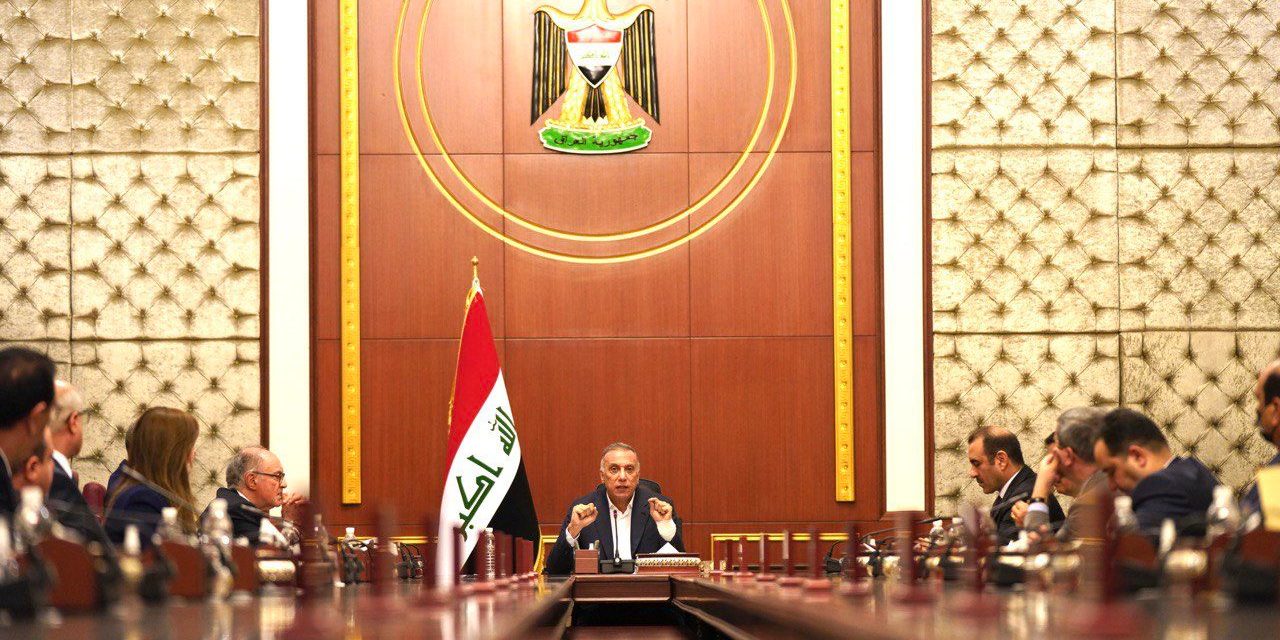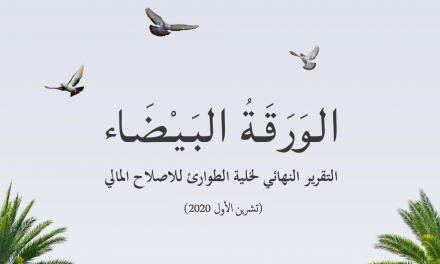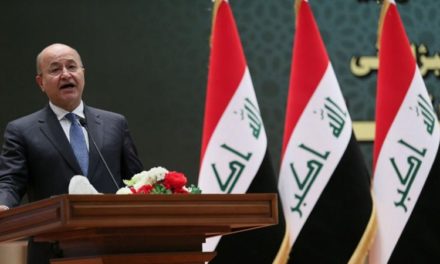(Photo: PMO Media Office)
Iraqis never elected Mustafa Al-Kadhimi to be their prime minister. He became Iraq’s transitional leader after popular protests and a botched effort to crush them forced Prime Minister Adil Abd Al-Mahdi’s resignation. Initially, both Iraqis and Americans approached Kadhimi’s rise with optimism. When Kadhimi emerged from the scrum following Abd Al-Mahdi’s collapse, American officials celebrated. Both President Donald Trump and Joe Biden invited Kadhimi to the White House. Biden National Security Council officials were explicit – albeit privately – that the reason for the invitation, so soon before Iraq’s elections, was to show their endorsement for Kadhimi.
Kadhimi remains popular in Washington but his luster in Baghdad has faded. The legitimacy of his tenure was to enact electoral reform. Parliament passed some reform, expanding the number of districts in order to empower popular accountability over the power of party leaders. In reality, the established leaders used their power in parliament to dilute the reforms. Today, the same Iraqi party leaders – Muqtada Al-Sadr, Nouri Al-Maliki, Hadi Al-Amiri, Mohamed Al-Halbousi, and Masoud Barzani, among others – engage in the same jockeying for positions for their proxies that has marked Iraqi politics since the 2005 elections. In his chief purpose, therefore, Kadhimi failed.
Kadhimi’s supporters can certainly say this is unfair. It is, but that does not change reality. Kadhimi was dealt a poor hand. As an independent, he has no party machine behind him. Still, a more skilled leader can maximize their advantages and use momentum to overcome deficits. Kadhimi failed to use his bully pulpit to keep the fight against corruption front-and-center. Not only has he squandered momentum, but he has also allowed ambition to get the best of him.
In an effort to keep his position as a compromise candidate, he now strikes the same sort of deals that make sense to politicians inside the Green Zone but breeds cynicism among ordinary Iraqis who increasingly despise the political class. It is one thing to ignore Barzani’s dictatorship or Maliki’s business ties, but it is another thing to engage in the same sort of corruption schemes which the combatting of which is Kadhmi’s sole source of legitimacy absent any direct election.
Consider this cabinet decision authorizing land handouts to those with the rank of minister or above. This means that not only Kadhimi and his cabinet receive 600 square meters (6458 square foot) of land from the government in addition to their salaries, but also the heads of theoretically independent commissions such as the new head of the National Investment Commission or the new director of the Iraqi Media Network. Kadhimi’s timing is impeccable: Parliament has now dissolved, and the newly elected parliament has yet to be sworn in. In effect, Kadhimi has used state assets to bribe those whose support he now needs to continue in his position. That the decision exempts those who have already received such land grants from Kadhimi’s predecessors only compounds corruption. The amount of money is immense: While Iraqis struggle with basic services and Iraqi Kurds disenfranchised by their region’s corruption now freeze along the Belarus border, prime real estate now sells for $6,000 per meter. With a stroke of his pen, Kadhimi has made himself and colleagues instant millionaires.
Such practices are not new. In Kurdistan Rising, I outlined many of the Kurdish corruption schemes. Late Iraqi President Jalal Talabani gave his own family an immediate, multi-million dollar windfall when he gifted public land to brother-in-law Latif Rashid to develop and sell. Kurdistan Region President Nechirvan Barzani and Prime Minister Masrour Barzani both invest heavily in real estate, developing public land given to them by Masoud Barzani, respectively their uncle and father. Masoud himself has appropriated a former Saddam-era resort on the Salahuddin Massif as his own personal, multi-billion dollar compound. During Nouri Al-Maliki’s premiership, Barzani gave every parliamentarian land as a bribe to enable the Kurdish region to raise the proportion of Iraq’s oil revenue that it could claim. In Baghdad, Ayad Allawi, whom L. Paul Bremer appointed prime minister upon his departure, likewise granted himself and his cabinet property. So too did Nouri Al-Maliki, possibly Iraq’s most corrupt prime minister.
Perhaps Kadhimi and his supporters will argue that, by the letter of the law, such land grants are not technically corruption. That he times his move to avoid parliamentary oversight, however, suggests he knows his actions would not stand up to scrutiny. Nor should the Iraqi legal codes’ loopholes existing on political and financial crimes be a greenlight for a so-called reformer to engage in the practices he was appointed to combat.
Kadhimi may not care. He has ambition, and he is willing to do what it takes to achieve it. This is a dangerous attitude. Should protests again erupt, protestors may not give Iraqi leaders a second chance. The potential for violence is immense. The world does not need new Somalias, Lebanons, or Afghanistans.
It is this latter example that should concern Iraqis. Inside Washington, the willingness to tolerate allies’ corruption is disappearing. President Joe Biden and his progressive allies justified a withdrawal that effectively handed Afghanistan to the Taliban on President Ashfar Ghani’s corruption. “The people of Afghanistan watched their own government collapse and their president flee amid the corruption and malfeasance, handing over the country to their enemy, the Taliban,” Biden stated as the last U.S. forces withdrew.
Biden’s national security team says the White House is not planning to withdraw from Iraq in the same manner that it did in Afghanistan. U.S. promises, however, are fleeting and are only good until the political mood changes or Washington needs a new scapegoat. Biden took his hit on Afghanistan, but is unrepentant. A withdraw from Korea, where the United States has maintained forces for more than 70 years, is now on the table if press reports about the South Korean foreign minister’s comments are accurate. If Kadhimi, who for many in Washington represented a last hope, engages in the same blatant corruption as Barzani and Maliki once did, the chance that the United States will turn its back on Iraq is high.

Michael Rubin
Michael Rubin is a resident scholar at the American Enterprise Institute in Washington, D.C.










